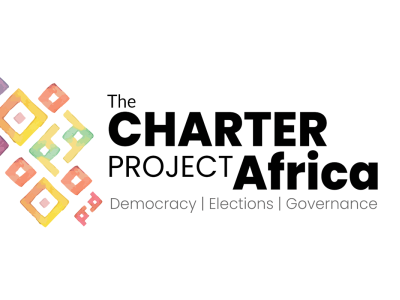
African trade and agriculture ministers sow a seed for closer cooperation
What's on this page
Dan Lui co-authored this article. For the first time, African Union ministers of trade and agriculture gathered last week at a joint conference in Addis Ababa. Originally scheduled for late October, the conference had been postponed since not enough ministers from AU member states had confirmed their attendance. Also this time the conference did not manage to attract a full turnout of high-level representatives from all African states and Regional Economic Communities – yet it still represented a significant moment with officials and experts from the two traditionally separate sectors and from both regional and national level coming together, with plenty to discuss and share. During the meeting’s opening remarks AU Deputy Chairperson Mwencha encouraged member states to ‘come together, stay together and work together’. The purpose of the joint meeting was to facilitate exchange on the growing and increasingly overlapping work agendas in the trade and agriculture sectors. The overall theme was ‘Boosting Intra-African Trade as a Key to Agricultural Transformation and Ensuring Food and Nutrition Security’, as efforts intensify across the continent to liberalise intra-regional trade, with agriculture still the key source of income and employment for the majority of the population. Ministers adopted a joint declaration emphasising the need to work at national, regional and continental levels to remove barriers to intra-regional trade in agricultural commodities. The final outcomes have yet to be published, though after my colleague Dan Lui and I followed the meeting and contributed to the discussions, we feel a number of important commitments by Ministers and requests for further work are worth emphasis now:
- Accelerating implementation of the Plan of Action for Boosting Intra-Africa Trade in both agricultural commodities and processed food products. Hopefully this will lead to an early deal to liberalise key regional food staples markets, which could bring a significant ‘early harvest’ from negotiations for a Continental Free Trade Area;
- Ensuring that the national and regional compacts and investment plans of the Comprehensive Africa Agriculture Development Programme (CAADP, i.e. the continent-wide agriculture initiative under implementation in most African countries) are the instruments to define and operationalize trade-agriculture collaboration, and enhancing inter-ministerial Working Groups at national and Regional Economic Communities levels;
- Strengthening the capacity of relevant institutions and producers to effectively participate in these innovative practices and monitor their impact at country level;
- Mandating the African Union Commission, the New Partnership for Africa’s Development (NEPAD) Agency and the Regional Economic Communities to institutionalize policy dialogue aimed at realizing synergies between agriculture and trade sectors;



